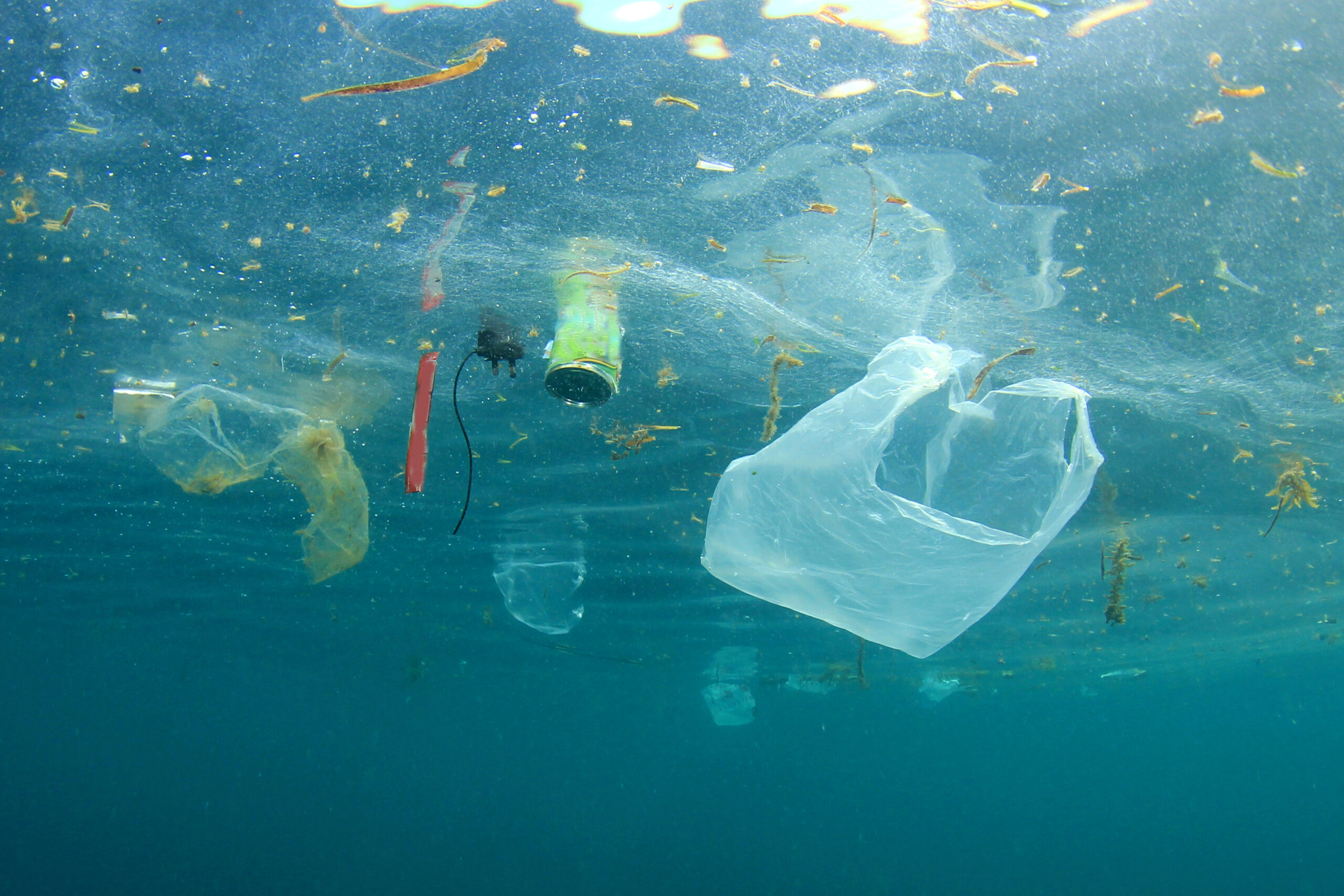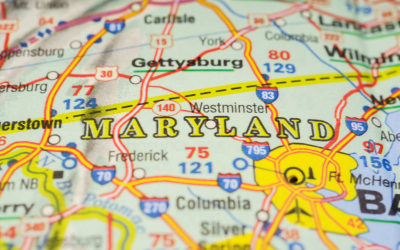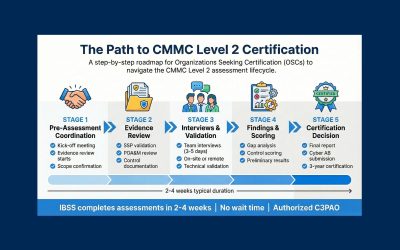By Megan Bailey
July is here and with it comes an incredible opportunity to join millions around the globe in reducing our reliance on single-use plastics. Welcome to Plastic-Free July, a worldwide movement dedicated to curbing plastic pollution and fostering sustainable habits. This year’s theme, “Small Steps, Big Difference,” highlights how minor changes in our daily routines can collectively lead to significant environmental benefits.
What Is Plastic-Free July?
Plastic-Free July is a global initiative that inspires people to refuse single-use plastics throughout the month of July and beyond. By participating, you become part of a massive effort to reduce plastic waste, helping to protect our oceans, wildlife, and communities. The movement provides numerous resources to support your journey towards a plastic-free lifestyle, which you can find on the Plastic-Free July website. These resources include infographics, quizzes, and tips to help you learn and adapt to using less plastic.
The Urgency of Reducing Plastic Waste
Plastic pollution is a pressing environmental issue with devastating effects on our planet. Every year, millions of tons of plastic waste enter our oceans, harming marine life and ecosystems (Statista). Wildlife, from sea turtles to birds, often mistake plastic debris for food, leading to ingestion, entanglement, and often death. Beyond wildlife, microplastics have infiltrated our food and water supplies, posing potential health risks to humans.
By participating in Plastic-Free July, you contribute to a global effort to combat this crisis. Small changes in our daily habits can significantly reduce the amount of plastic waste we generate, leading to cleaner oceans and healthier ecosystems.
Start by Taking Stock
A great place to begin your plastic-free journey is by assessing your current plastic use. Over the next week, take note of how often you use plastic products in your daily life. You might be surprised by how much plastic is integrated into your routine. Common culprits include:
- Takeout containers
- Plastic straws
- Soaps and cleaning supplies
- Prepackaged fruits and meats
- Individually wrapped items
By becoming aware of these plastic-heavy habits, you can start to identify opportunities for change. Keeping a plastic diary, where you record every plastic item you use, can be an eye-opening exercise and a first step toward reducing your plastic footprint.
Practical Tips for Reducing Plastic Use
Transitioning to a plastic-free lifestyle doesn’t have to be overwhelming. Here are some simple, actionable steps you can take:
- Shop locally: Visit farmers’ markets and support small businesses that often use less plastic packaging. Local markets typically offer fresh, unpackaged produce and other goods, which can significantly reduce your plastic consumption.
- Switch to bar soaps: Replace liquid soaps with bar soaps to reduce plastic bottle usage. Bar soaps come in minimal packaging and last longer than liquid soaps, making them a cost-effective and eco-friendly option.
- Choose plastic-free toiletries: Opt for items like bamboo toothbrushes, refillable deodorant containers, and metal razors. These alternatives not only reduce plastic waste but also often last longer than their plastic counterparts.
- Use reusable containers: Swap out single-use Ziploc bags for reusable containers for storing food. Glass or stainless steel containers are durable and can be used for years, making them a sustainable choice.
- Bring your own bags: Always carry reusable shopping bags, including smaller ones for produce. This simple habit can significantly cut down on the number of plastic bags you use, which are a major contributor to plastic pollution.
Going Beyond Individual Actions
While individual actions are crucial, advocating for systemic change is equally important. Support policies and initiatives that aim to reduce plastic production and waste. Encourage your workplace, schools, and local businesses to adopt plastic-free practices. Join or support organizations that work towards environmental sustainability and plastic reduction.
The Bigger Picture
It’s important to acknowledge that living plastic-free can sometimes be more expensive. Not everyone has access to plastic-free alternatives. However, even small changes, like refusing plastic straws at restaurants, can contribute to a larger impact. Every little effort counts towards creating a healthier planet.
Benefits of a Plastic-Free Lifestyle
Adopting a plastic-free lifestyle comes with numerous benefits beyond reducing environmental impact:
- Healthier living: Many plastic products contain harmful chemicals (Consumer Reports) that can leach into food and beverages. By avoiding plastic, you reduce your exposure to these substances.
- Support for local economies: Shopping at farmers’ markets and small businesses often means supporting local producers and artisans, which strengthens your community.
- Mindful consumption: Reducing plastic use encourages you to be more mindful of your consumption habits, leading to a more intentional and sustainable lifestyle.
Join the Movement
We encourage our IBSS community to actively participate in Plastic-Free July, both at home and at work. Let’s support each other in making these small yet significant changes. Share your progress, tips, and challenges with us – together, we can make a big difference.
For more information and resources, visit the Plastic-Free July website.





